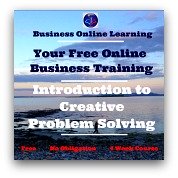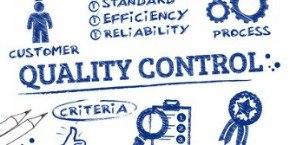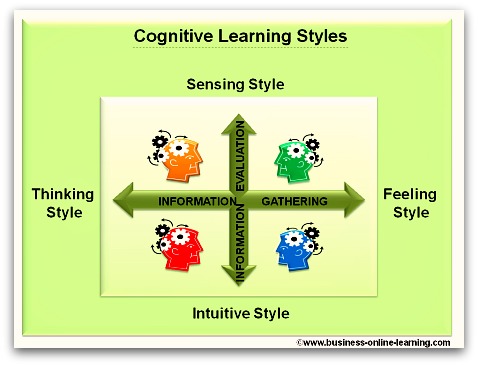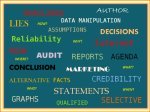Knowledge Learning Corporation
or Knowledge Learning Organization
The Knowledge Learning Corporation (also known as the Knowledge Learning Organization) is one who has designated processes and activities to create and nurture Knowledge Management within the corporation.
This means that the organisation sets up processes by which knowledge is actively created, captured and shared.
One example of this would be, for example in an 8D Problem Solving Process, where all improvements made are examined for possible use in other processes.
All tests and all decisions are documented for later use. Teams are involved and experts are expected to participate to get the most creative solutions possible to the problems at hand.
In this way, the organisation that carries out an 8D process already ahs integrated processes tor knowledge management.
This is, as I mentioned, just one example of how an organisation will nuture knowledge management.
The knowledge learning organisation processes are driven by technology, human resources, wealth, cross-boundary inter dependencies, organizational learning and innovation needs.
Deriving Competitive Advantage
It is easy to understand that considerable competitive advantage can be derived any knowledge learning corporation by having a systematic approach to knowledge management system.
This comes from the following benefits:
- There will be an avoidance of expensive mistakes. In Knowledge Management, past mistakes are recorded; decisions are documented so that a repetition of failure is avoided.
- The speed to market is increased or the winning of more contracts- faster response times can be achieved by combining knowledge within interdisciplinary teams.
- Increased employee involvement – strategies which promote individuals’ development and contribution tend to increase employees’ commitment to an organization.
- Better customer service – service for customers can be consistently improved through the identification and use of best practices.
- Improved design of products – by monitoring and logging component failures and customers opinion, product improvements can be made.
- Increased income – intellectual property, such as patents and copyright material can be organized to fully exploit its income potential.
System Components for a Knowledge Learning Organisation
Smith and Irving emphasize
- The importance of individual knowledge
- The need for organizational memories
- The intellectual content of products
- Combining knowledge through teamwork
- Learning from customers and
- The potential value embedded in intellectual property rights.
Note: For an understanding of Systems, see Systems Diagrams
Knowledge Learning Corporation
Consider these aspects in relation to your company. If I may re-formulate the points:
- how well are people rewarded, even motivated to input their knowledge into work being done. Is there a culture evident where people are titled by their knowledge or by their function. How easy is it to find the house-internal expert on a subject? Is this word-of-mouth or there some official means of accessing the source of subject matter expertise?
- How well is information stored and then, retrievable? How accessible is this information? Is there a procedure in place to "capture knowledge" - like the results of improvement programs, team projects, pivotal events, etc. Is the term "Lessons Learned" a part of procedure?
- How much expertise in needed in the development of the products. Where does innovation play a role. How can this innovation be nurtured? What role does creativity play in work done. How often does the market change for the products - what is the expected life-cycle of the product?
- How are teams set together - as a means to a political end or as an attempt to combine the best resources possible to address a task? Do Patents or Licenses play a role. How much do confidentiality issues play a role in the development of the products?
- How is the Voice of the Customer reflected in the work done within the organisation? Who or how is the information from the customer gathered and shared internally? What position does it have in the "way that work is done"? Is the voice of the customer being actively sought?
These are the elements in a Knowledge Learning Corporation or Organisation that are expressions of the degree to which a knowledge management approach is taken seriously or not.
In my humble opinion, knowledge management is critical to every business - besides the ones who don't want to succeed!
I would be very interested in your thoughts. Please comment in the box below. What is your experience or understanding of Knowledge Management in an organisation?
Go to top of Knowledge Learning Corporation page













 My name is Martha and I have worked for over 30 years in various aspects of business and in various countries, right around the world.
My name is Martha and I have worked for over 30 years in various aspects of business and in various countries, right around the world.